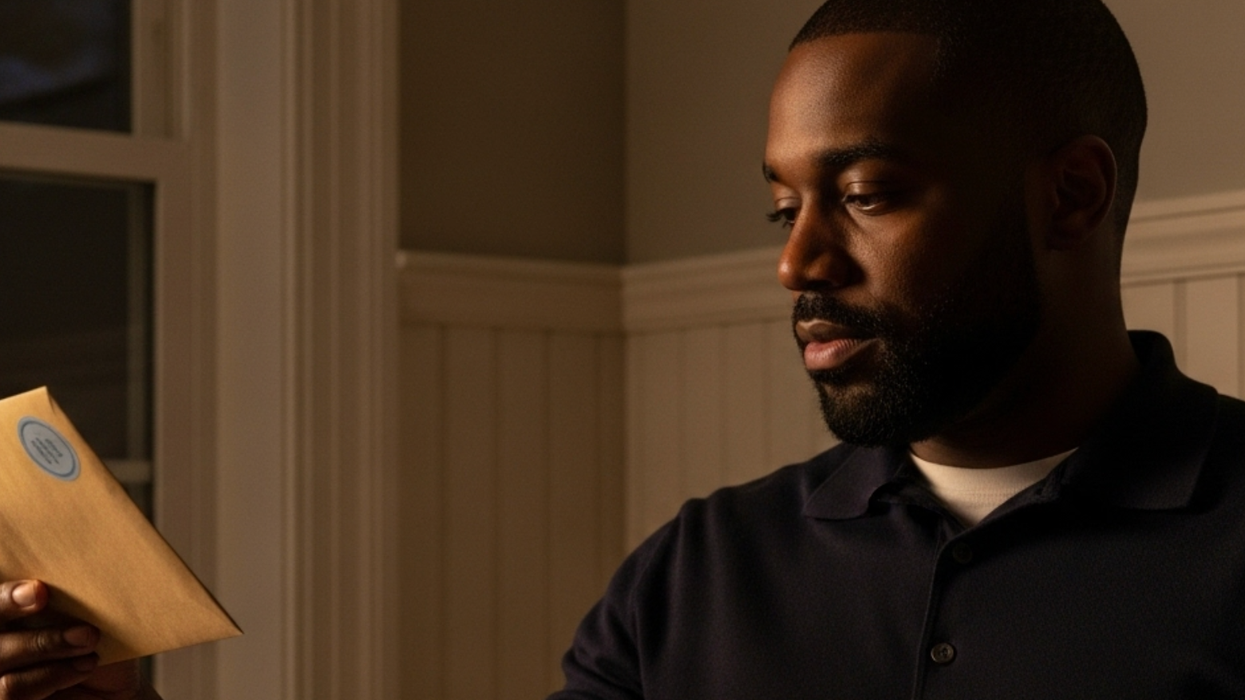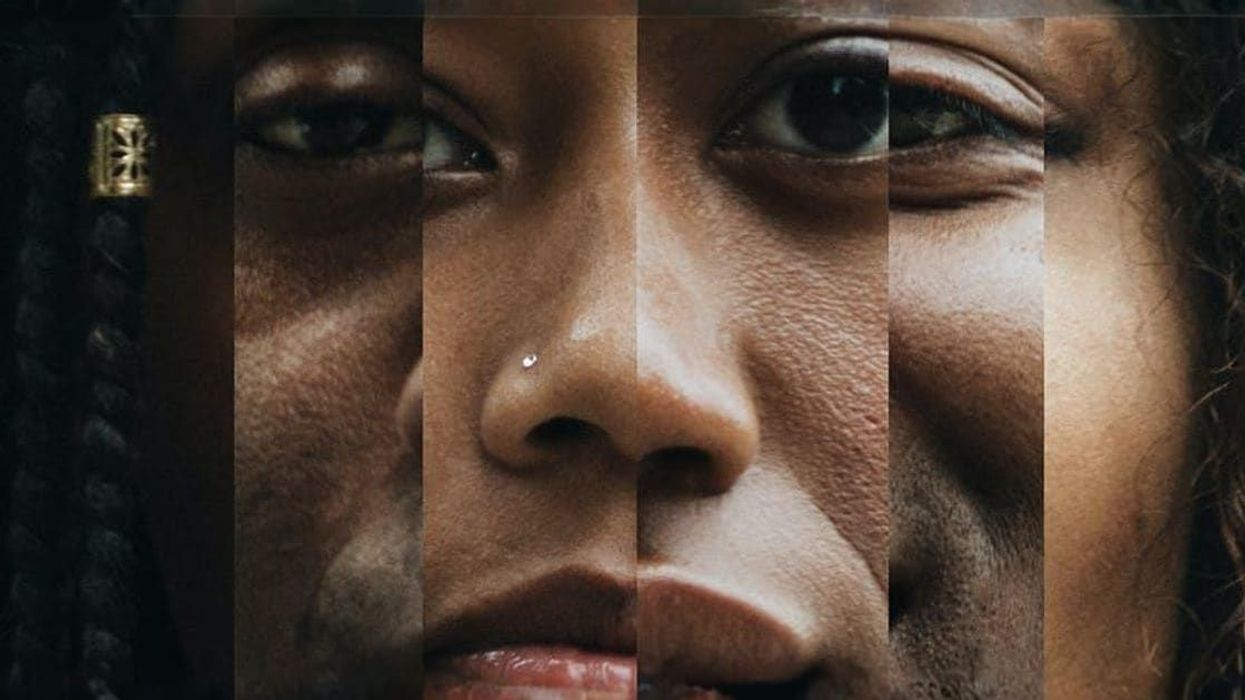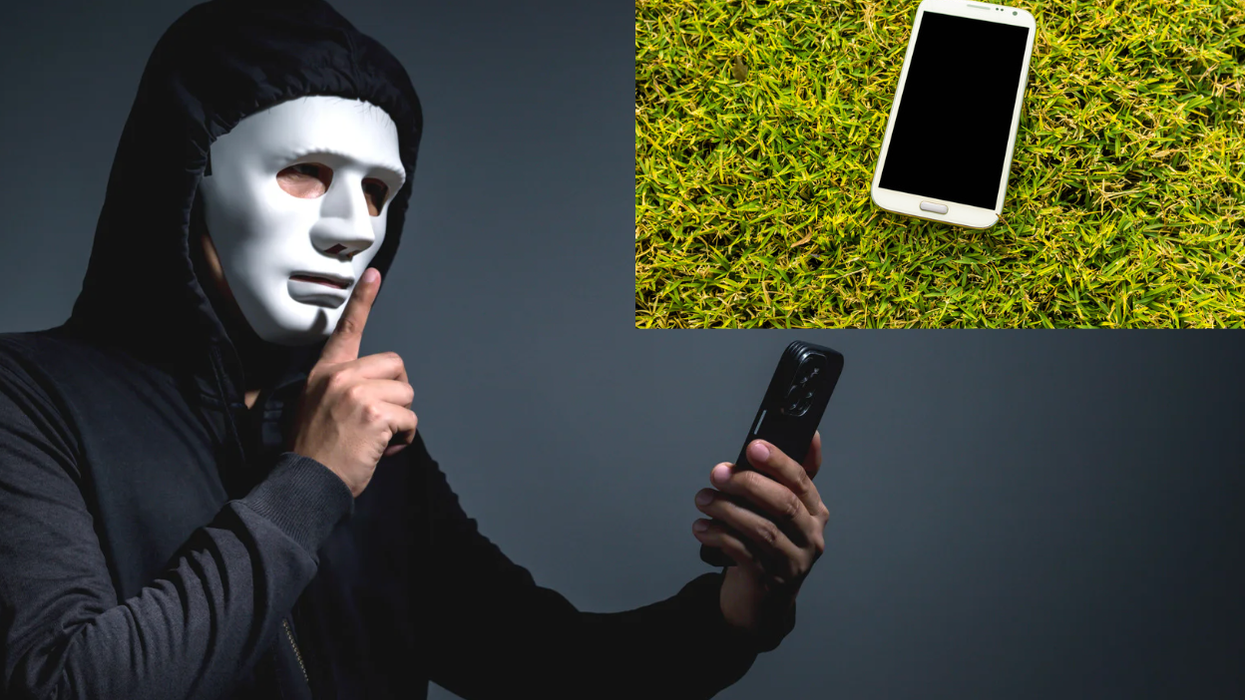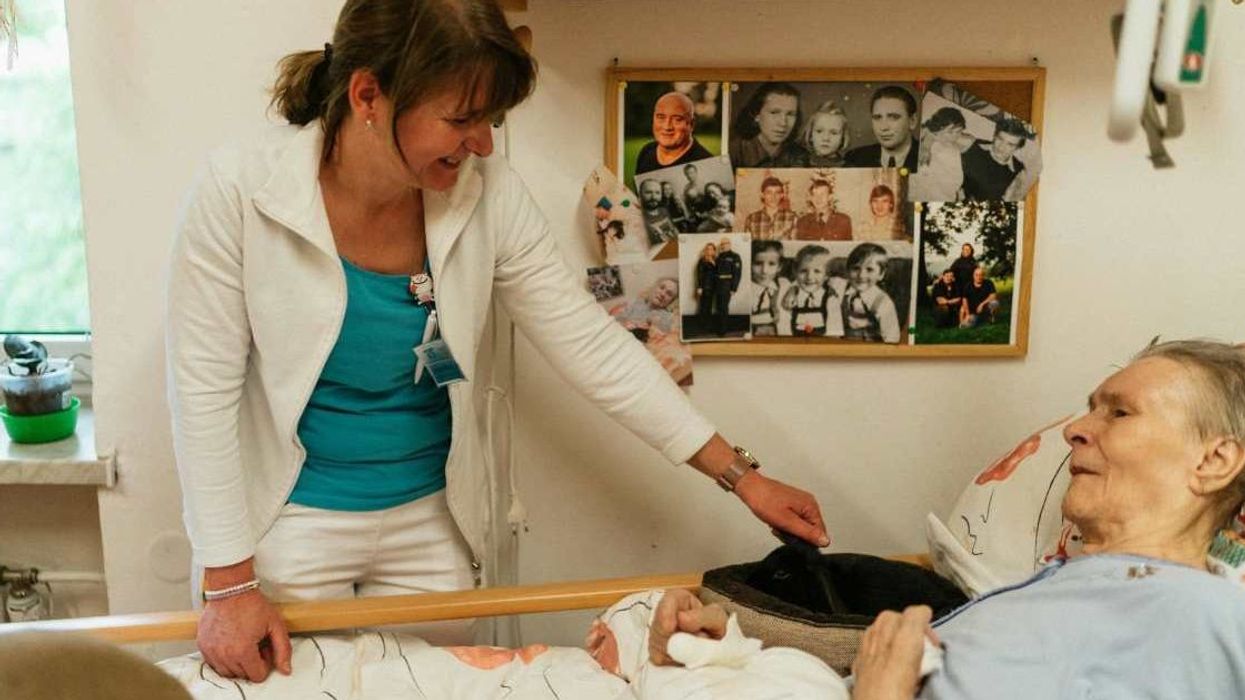As polarizing as the internet can be at times, there’s one big benefit to connecting with people across the country instantly and it has to do with rethinking the way we vote. The scary possibility of Donald Trump becoming the next president of the United States has invigorated millions of concerned Americans to get involved—some for the very first time. That being said, it’s easy for voters in solidly red or blue states to feel like their votes won’t make a dent. Meanwhile, voters in swing states whose decisions will significantly impact the election might feel hesitant about abandoning their favorite third party candidates.
That’s where Trump Traders comes in. Those in swing states can trade their votes with Clinton supporters to ensure third party candidates get accurate representation in the popular vote while securing Clinton’s electoral stronghold. And instead of searching for a third party supporter in a swing state on your own, Trump Traders connects people—almost instantaneously. To most people’s surprise, vote trading is absolutely legal—a Ninth Circuit appellate decision ruled it a First Amendment right in 2007—and there’s proof this method works. Just last year, Canadian voters were able to mobilize online mere weeks before election day and redirect more than 1 million votes to Justin Trudeau, successfully unseating the conservative incumbent.
It might also be surprising to know that John Stubbs, a co-founder of Trump Traders, is a die-hard Republican. “I’m a Republican voting for Hillary Clinton,” Stubbs told GOOD, “and I essentially came out by writing an op-ed for The Washington Post the day after he made his apocalypse speech in Ohio.” That apocalypse speech—otherwise known as Trump’s closing speech at the Republican National Convention—was a red flag for Stubbs that something had to be done. For him, it’s all about protecting and maintaining the party’s core conservative values, something Trump has already fractured. In his op-ed, Stubbs writes, “Republicans can either allow Trump to rebrand the GOP as unstable, xenophobic and crude, or they can regain control of their party.”
As the founder of R4C16.org, a grassroots network devoted to mobilizing Republicans in support of Clinton, Stubbs is no stranger to organizing big pushes for change. With too many conservatives proving unwilling to vote for Clinton, Stubbs took a step back and asked, “What are some creative ways to convince these guys to avoid their worst-case scenario?” Taking a page from Nader’s Trader, the voter trading movement that failed to elect Al Gore in 2000, Stubbs saw an opportunity to use modern technology to our advantage. Obviously, the internet was a vastly different place at the turn of the new millennium. This was before everyone “carried a computer in their back pocket,” Stubbs says, and four years before Facebook hit the scene. Back then, the most information you could hope to get was someone’s name, number, and email—forget about cross-referencing their identities with multiple social channels. Stubbs says, “Now we can verify people’s identities so there’s much more trust,” alleviating fears for those who might be reluctant to trust their vote in the hands of a stranger.
Vote trading uniquely solves the issue of avoiding catastrophe while defending our right to choose. Already, voters spanning vast age differences and political beliefs have teamed up for the sake of defending our country’s credibility as a whole. Some Trump Traders have chatted on the phone about what they want their votes to achieve, while others have met in person to mail in absentee ballots together. “Now you’ve got a Republican corporate lawyer voting for Jill Stein,” says Stubbs.
The website has only been up for a week and a half, and the co-founders expect tens of thousands to sign up before Election Day. Trump Traders should easily hit that mark—considering it connected more than 12,000 people in just 48 hours. As of Friday, that number had surpassed 20,000. And as everyone who watched George W. Bush win by infinitesimal margins understands, numbers like that could effectively decide who wins.
Though Stubbs doesn’t want to win by a small margin. “I want (Trump) to lose in an epic and historic landslide, that he will just get utterly destroyed. That would be the best-case scenario for everyone,” he says, adding, “If we allow this kind of toxic campaign … to be in any way condoned by a close election, we’ve got major problems moving forward. Only if he is totally destroyed ... do we have a hope of rebuilding the Republican Party into something that is reasonable.”
Still, as you might imagine, vote trading programs are steeped in their fair share of controversy. Rumors have been circulating that Trump supporters have attempted to hijack the system by pretending to be third-party voters, only to turn around and vote for Trump on Election Day. As #NeverTrump founder and Silicon Valley entrepreneur Amit Kumar told CNBC, "tons of Trump voters" have attempted to commandeer the app. This is a big concern for those who are already wary of putting faith in the honor system.
Of course, if you plan on trusting a stranger with something as precious as your vote, do your homework. Don’t agree to swap with someone until you get his or her full name and social media profiles. Obviously, if someone’s Twitter history is clogged with pro-Trump rhetoric or if his or her online presence is suspiciously bare, don’t agree to trade your vote. Ultimately, though, if you’re in a safe state where millions of voters have already cast ballots for Clinton, voting for a third party will statistically have no effect. A few thousand votes for Jill Stein may mean nothing in a state like California, but in a highly contested state like Florida, they could mean the difference between a Clinton and Trump presidency.
So, which states are poised to shape this election the most? According to Politico, if you live in Colorado, Florida, Iowa, Michigan, Nevada, New Hampshire, North Carolina, Ohio, Pennsylvania, Virginia, or Wisconsin, your vote could have a huge impact on whether or not Trump succeeds. Third party voters in these states should consider trading their votes with Clinton supporters in key safe states like California, New York, Illinois, and Massachusetts. It may mean the difference between progressing as a country and causing irreparable damage.














